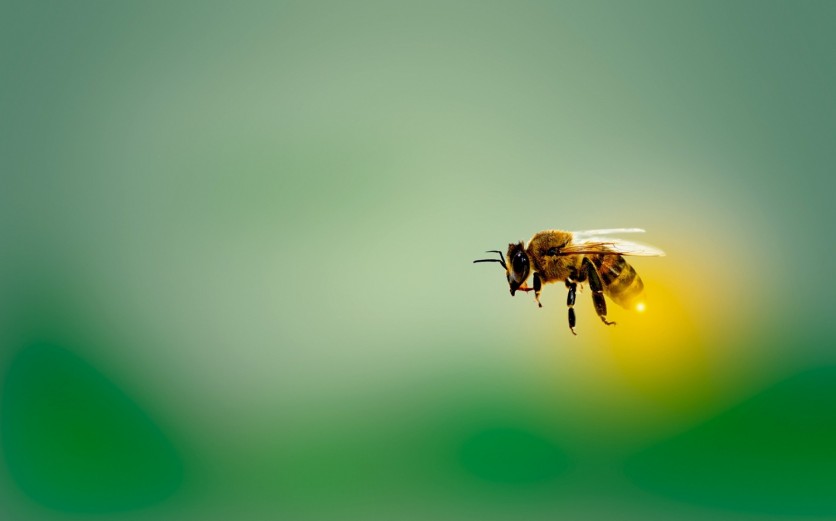Scientists from Sanford Burnham Prebys and the Osaka International Cancer Institute have conducted research that highlights the potential of mannose, a sugar with known anti-cancer properties.
The study suggests that mannose could be a valuable supplementary treatment for cancer.

Mannose for Cancer Treatment?
The research team, led by Dr. Hudson Freeze, director of the Human Genetics Program at Sanford Burnham Prebys, believes that mannose could enhance existing cancer treatments without causing undesirable side effects since it is a naturally occurring sugar in the human body.
"This sugar could give cancer an extra punch alongside other treatments," study co-author Hudson Freeze, Ph.D., director of the Human Genetics Program at Sanford Burnham Prebys, said in a statement.
"And because mannose is found throughout the body naturally, it could improve cancer treatment without any undesirable side effects."
Mannose plays a crucial role in stabilizing protein structures and facilitating their interactions with other molecules through a process called glycosylation. This process is essential for various physiological functions, and disruptions in glycosylation are associated with rare but serious human diseases.
While mannose has shown promise in treating certain congenital disorders of glycosylation, the researchers speculate that it may have broader applications against cancer and other diseases.
Honeybee Syndrome
"It's been known for more than a century that mannose is lethal to honeybees because they can't process it like humans do-it's known as 'honeybee syndrome,'" said Freeze. "We wanted to see if there is any relationship between honeybee syndrome and the anti-cancer properties of mannose, which could lead to an entirely new approach to combat cancer."
By genetically modifying human cancer cells, the researchers replicated honeybee syndrome and observed that cells lacking the necessary enzyme to metabolize mannose exhibited reduced replication rates and increased sensitivity to chemotherapy.
They concluded that mannose hinders cancer growth by interfering with DNA synthesis and normal cell replication.
Despite the promising potential of using honeybee syndrome for cancer treatment, the researchers highlight the need for additional research to identify the specific types of cancer that would benefit most from mannose.
This is crucial due to mannose's reliance on vital metabolic processes, which may vary across different cancer types.
Dr. Freeze suggests that cancers with low activity of the enzyme that processes mannose could be particularly vulnerable, and mannose treatment could enhance the efficacy of chemotherapy.
The study not only sheds light on the potential of mannose as a cancer treatment but also highlights the broader possibilities of utilizing glycosylating sugars in cancer therapy-an area of research that is still in its early stages.
The researchers believe that understanding the glycobiology of sugar metabolism within cancer cells could unveil a range of untapped treatments. They emphasize the need for further exploration in this field to unlock the potential of glycosylating sugars in the fight against cancer.
The study's findings were published in the journal eLife.
Related Article : Exhausted Cancer-Fighting T Cells Can be Reinvigorated to Protect the Immune System, New Study Finds

ⓒ 2025 TECHTIMES.com All rights reserved. Do not reproduce without permission.




